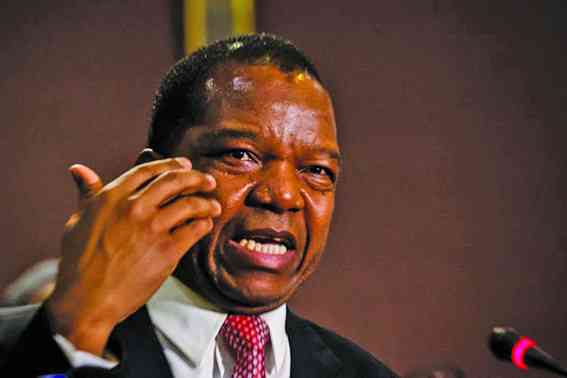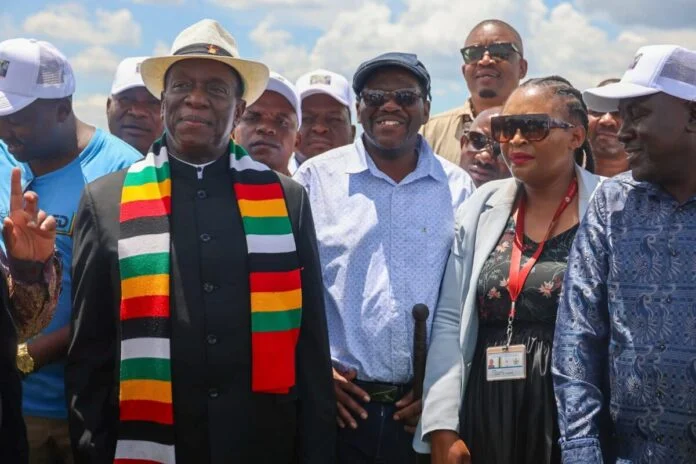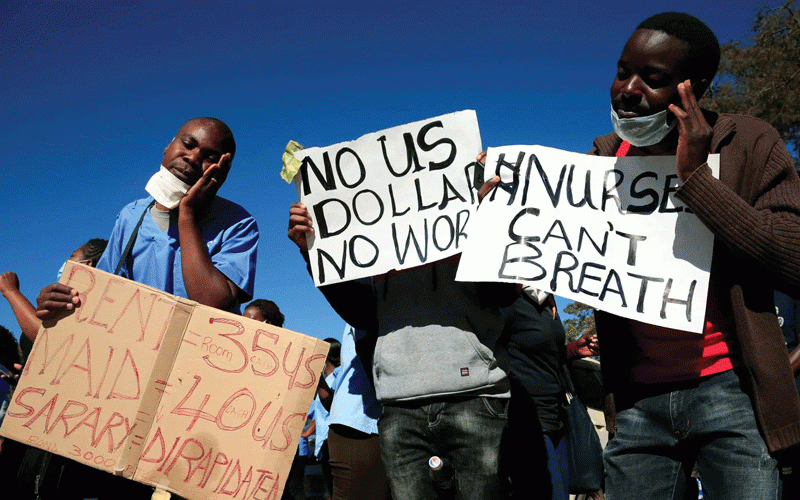
WHAT government has consistently done over the years shows inconsistency in its policies whether in the first or second republic.
It is one characteristic that has stuck like glue in the two administrations that exchanged the baton to lead Zimbabwe.
The market has been waiting for John Mangudya's final Monetary Policy Statement (MPS) as he takes a bow at the end of next month after an eventful 10 years at the central bank.
When it will be unveiled, no one knows. What is certain is that Mangudya will leave the Reserve Bank of Zimbabwe (RBZ) in a month’s time.
Mangudya said he was working on the MPS with incoming governor John Mushayavanhu who assumes the reins at RBZ on May 1.
Last month, President Emmerson Mnangagwa took the shine out of monetary authorities by announcing that a structured currency was on its way. Fiscal authorities have also chipped in saying the new currency will be backed by a commodity such as gold.
The delay in announcing the MPS, which is normally released in February, creates uncertainty in an economy which is eager to project itself as a go-to destination for investors.
The economy is literally at a standstill and no one wants to make long-term plans as they are unsure of what MPS would bring.
- NoViolet Bulawayo’s new novel is an instant Zimbabwean classic
- Jah Prayzah, Zanu PF rekindles ‘lost love’
- Bank workers appeal to Ncube for tax relief
- Indosakusa marks 21-year anniversary milestone
Keep Reading
The largest business member organisation, the Confederation of Zimbabwe Industries, said the delay was hurting industry.
“The delay in the announcement of the 2024 MPS is not helping matters and adding uncertainty to the operating environment when inflation is already high encourages speculation as business tries to hedge against the unknown,” the CZI update read in part.
RBZ’s silence is worrying at a time when the local currency is depreciating against the United States dollar and inflation is north bound.
Annual inflation raced to 47,6% in February from 34,80% in January.
The local currency has depreciated by over 90% since the beginning of the year, according to estimates by the International Monetary Fund (IMF).
Faced with rising inflation and a depreciating currency, central banks the world over use monetary policy to stabilise the situation and ensure price stability.
According to the IMF, central banks conduct monetary policy by adjusting the supply of money, usually through buying or selling securities in the open market. Open market operations affect short-term interest rates, which in turn influence long-term rates and economic activity. When central banks lower interest rates, monetary policy is easing. When they raise interest rates, monetary policy is tightening.
Monetary and fiscal policies are the twin policies that drive economic activity and must talk to each other. Finance minister Mthuli Ncube presented his 2024 national budget in November and the monetary policy is supposed to buttress it.
While the authorities are still working to come up with a credible plan, the uncertainty this has created will take time to erase.
Certainty should be the hallmark of a country that is on a drive to lure foreign investors under the “Zimbabwe is open for business” mantra.











